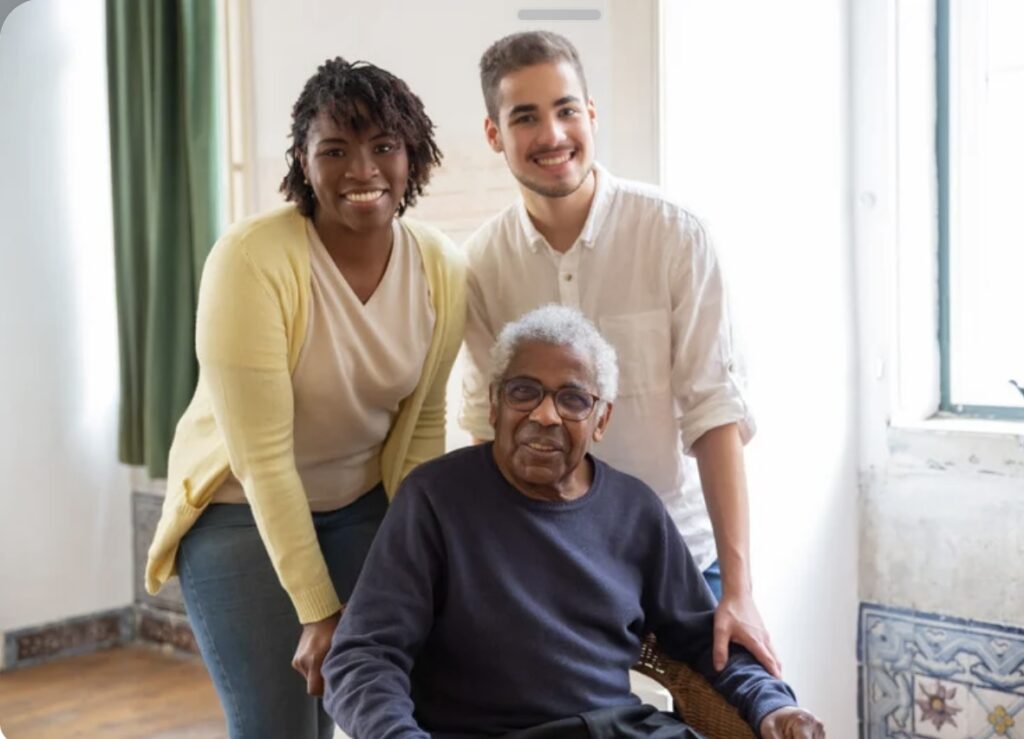As our loved ones age, their needs change, and providing adequate care becomes paramount. Elderly care, whether at home or in a facility, is a multifaceted journey filled with both joys and challenges. It requires patience, understanding, and a commitment to ensuring the well-being and dignity of our aging family members.
This blog post aims to shed light on the various aspects of elderly care, offering insights and guidance to those navigating this complex yet rewarding experience.
Understanding the Needs of the Elderly
Aging brings about a range of physical and cognitive changes. Some common challenges faced by the elderly include:
- Decreased mobility: Arthritis, joint pain, and weakened muscles can make everyday tasks like walking, bathing, and dressing difficult.
- Cognitive decline: Memory loss, confusion, and dementia can affect an individual’s ability to perform familiar tasks and make decisions.
- Chronic health conditions: Conditions like heart disease, diabetes, and hypertension require ongoing management and can impact daily life.
- Social isolation: Retirement, loss of loved ones, and limited mobility can lead to feelings of loneliness and isolation.
- Mental health concerns: Depression and anxiety are common among the elderly and require attention and support.
Types of Elderly Care
Depending on the individual’s needs and preferences, various care options are available:
- Home care: This involves providing care in the comfort of the individual’s own home. It can include assistance with daily tasks, medication management, and companionship.
- Assisted living facilities: These facilities offer a supportive environment with assistance for daily living activities, meals, and social activities.
- Nursing homes: These facilities provide 24-hour medical care and supervision for individuals with complex health needs.
- Adult daycare centers: These centers offer daytime care and social interaction for seniors who need supervision and engagement.
Tips for Caregivers
Providing care for an elderly loved one can be both fulfilling and demanding. Here are some tips for caregivers:
- Communicate effectively: Listen patiently, speak clearly, and be respectful of the individual’s feelings and preferences.
- Create a safe environment: Remove tripping hazards, install grab bars, and ensure adequate lighting to prevent falls and injuries.
- Encourage independence: Allow the individual to do as much as they can for themselves to maintain their sense of autonomy and dignity.
- Maintain social connections: Encourage social interaction with friends, family, and community members to prevent isolation and loneliness.
- Prioritize self-care: Caregiving can be emotionally and physically draining. Make time for yourself to rest, recharge, and seek support when needed.
Resources for Elderly Care
Navigating the world of elderly care can be overwhelming. Fortunately, numerous resources are available to help:
- The National Institute on Aging (NIA): Provides information on aging, health conditions, and caregiving.
- The Alzheimer’s Association: Offers support and resources for individuals with Alzheimer’s disease and their caregivers.
- Local senior centers: Offer a range of services, including meals, social activities, and support groups.
- Home health agencies: Provide professional in-home care services.
Embracing the Journey
Caring for an elderly loved one is a journey filled with both challenges and rewards. It’s an opportunity to give back, strengthen bonds, and create lasting memories. By understanding the needs of the elderly, exploring care options, and utilizing available resources, we can ensure that our loved ones age with dignity, grace, and the best possible quality of life.



